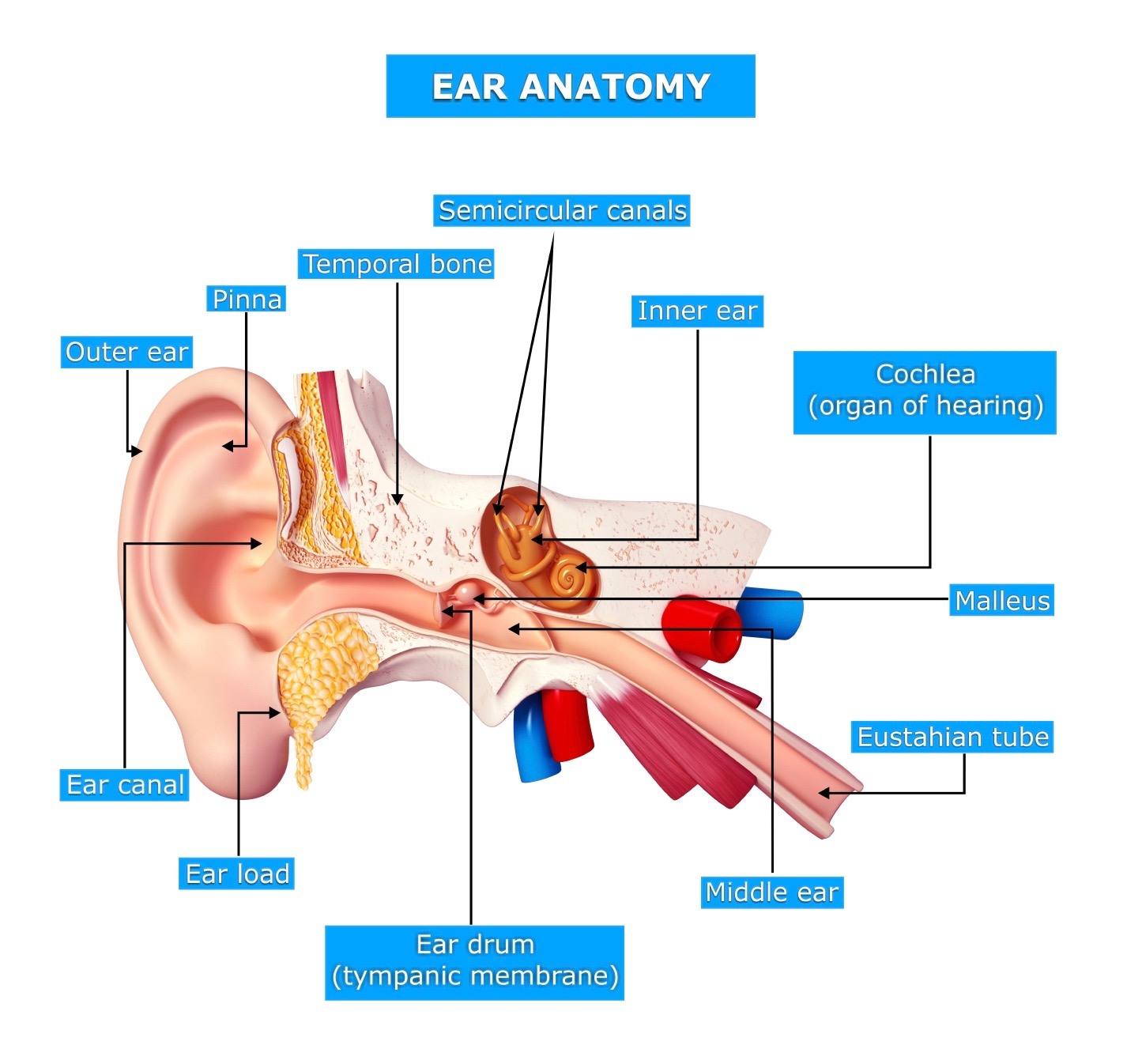Conditions that may cause dizziness
Benign Paroxysmal Positional Vertigo (BPPV)
Calcium deposits ( often called crystals or rocks) break off from a bone in the inner ear and fall into one of the semi-circular canals. Symptoms include spinning sensations for a few seconds after specific movements such as getting in and out of bed or looking up or down.
Vestibular Neuritis
An infection of the vestibular nerve contributing to dizziness and imbalance
Ototoxicity
Toxic damage to the inner ear, such as from certain medications
Recovery after Acoustic Neuroma removal
Benign tumor of the nerve from the brain to the ear
Central of Neurological Vertigo
Problems in the balance center of the brain from stroke, head injury, Multiple Sclerosis, seizure disorder, brain tumors or cysts, cerebellar dysfunction, and migraines
Other Conditions
Long term effects from Méniére’s Disease, Motion sensitivity, and other conditions of the ear resulting in problems with dizziness and balance

Conditions that may benefit from Balance Retraining

Comprehensive Balance and Vestibular Treatment
For dizziness, we perform canalith reposition maneuvers to remove particles from the semi-circular canals. Provide exercises to improve the brain’s ability to interpret input from the inner ear.
For Balance Retraining, we strive to improve coordination of muscle and joints with input from the eyes and inner ears. We evaluate and recommend appropriate assistive devices if needed. Improve range of motion, strength, and endurance through exercises.
We use Neurocom Computerized Balance equipment, visual equipment and testing to evaluate posture and gait, vision, and strength.